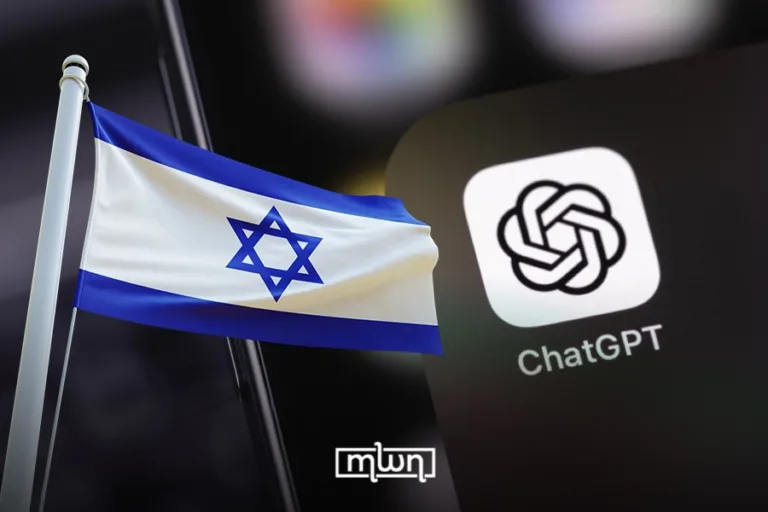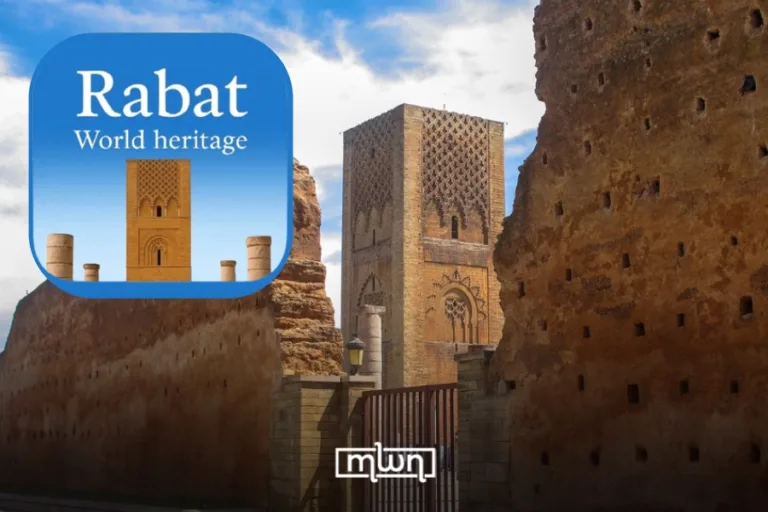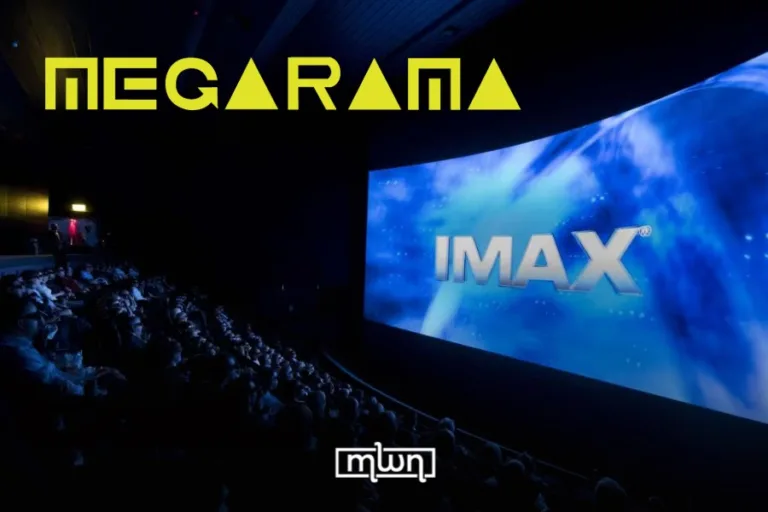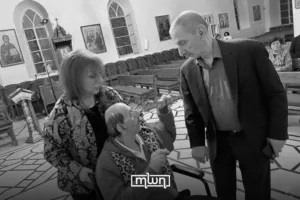Not all jobs are doomed, some are still out of AI’s league.
Fez– Worried that AI is coming for your job? You’re not alone. With machines getting smarter by the minute, it’s easy to feel like no profession is safe.
But according to Bill Gates, there are still a few careers where humans aren’t going anywhere, because robots, for all their processing power, just don’t have what it takes. Not yet, anyway.
As artificial intelligence barrels into every industry from finance to filmmaking, people are right to ask: what’s left for us?
While automation will likely reshape the way we work, Gates points to three specific fields that are still heavily reliant on human talent, intuition, and decision-making.
So if you’re in one of these, take a deep breath — you might just be future-proof.
Software developers
Sure, AI can write lines of code. It can even debug basic problems. But it can’t dream up entire systems or creatively solve complex issues on its own.
Skilled developers are still the ones steering the AI ship, designing, refining, and making judgment calls machines can’t.
Gates sees AI as a tool for developers, not a replacement. It can assist, but it still needs its human overlords to function properly.
Energy experts
The energy sector is too nuanced, too strategic, and way too risky for AI to run alone.
Whether it’s renewables, fossil fuels, or nuclear, energy decisions involve technical knowledge, regulatory navigation, and long-term planning, none of which can be fully automated.
AI might help crunch numbers or forecast demand, but it’s not about to take over the control room. At least not without a human watching closely.
Life science researchers
In labs and research centers, AI is a powerful assistant, but it still can’t think outside the box.
Discovering a new treatment or unlocking a scientific mystery requires leaps of logic, intuition, and a level of creative thinking no algorithm has mastered.
Data analysis? Great. Radical breakthroughs? Still very much a human game.
Gates believes that medical and biological innovation will remain driven by people, not programs.
AI may be smart, but it’s not imaginative, strategic, or emotionally intelligent.
Not yet, anyway. So if your job demands original thought, big-picture thinking, or human connection, you’ve still got the upper hand. For now.
Read also: Where to Get a Luxury Wellness Experience Without the White Lotus Price Tag
















